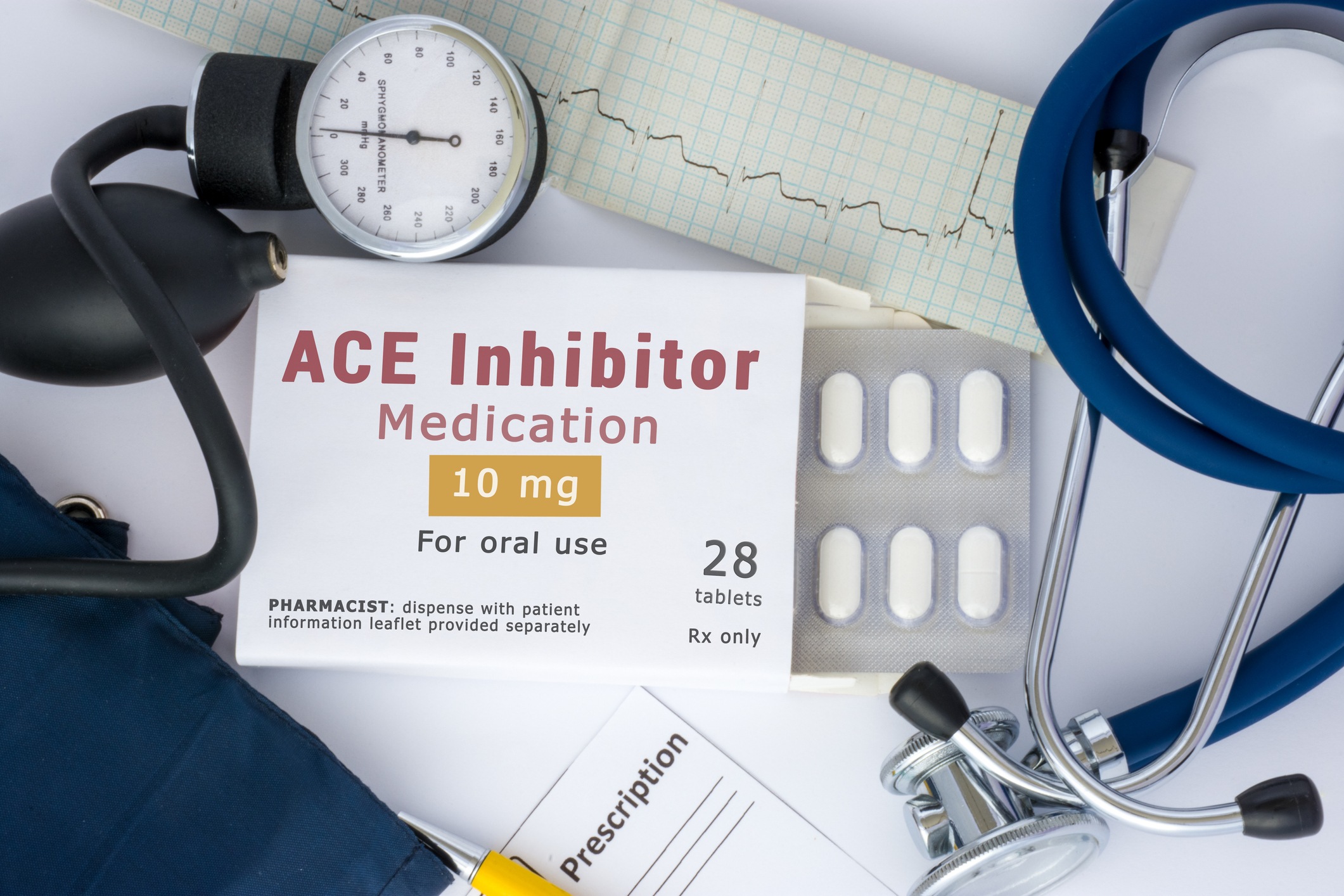
A new review suggests that angiotensin-converting enzyme inhibitors (ACEIs) and angiotensin receptor blockers (ARBs) may provide benefit for the prognosis of hypertensive patients who have contracted COVID-19.
Published in the Mayo Clinic Proceedings, the researchers noted that one of the ways that COVID-19 enters the body is through the enzyme ACE2, which converts angiotensin I to angiotensin II in the lungs and other tissues and organs. This suggests that certain drugs may actually increase susceptibility to the virus. To find out what the literature says on this, the authors looked at more than 60 studies, with some of them indicating that increased angiotensin II levels may help foster acute respiratory distress syndrome in COVID-19 patients) for reports of increased circulating ACE2 levels, and reported that none of the analyzed studies showed this.
The authors recommended that those patients with hypertension continue with taking their antihypertensive ACE inhibitor and ARB medications without interruption, in conjunction with current guidelines. The authors emphasized that more research is needed, however.
“Current evidence indicates that renin-angiotensin-aldosterone system inhibitors significantly reduce mortality in cardiovascular disease, reduce the progression of chronic kidney disease, and are the cornerstone of treatment for heart failure and hypertension,” lead author Fabian Sanchis-Gomar, MD, PhD, of the Department of Physiology at the University of Valencia and INCLIVA Biomedical Research Institute, Valencia, Spain, said in a press release. “ACE inhibitors or ARBs therapy should be maintained or initiated, as indicated, in patients regardless of COVID-19.”







 © 2025 Mashup Media, LLC, a Formedics Property. All Rights Reserved.
© 2025 Mashup Media, LLC, a Formedics Property. All Rights Reserved.